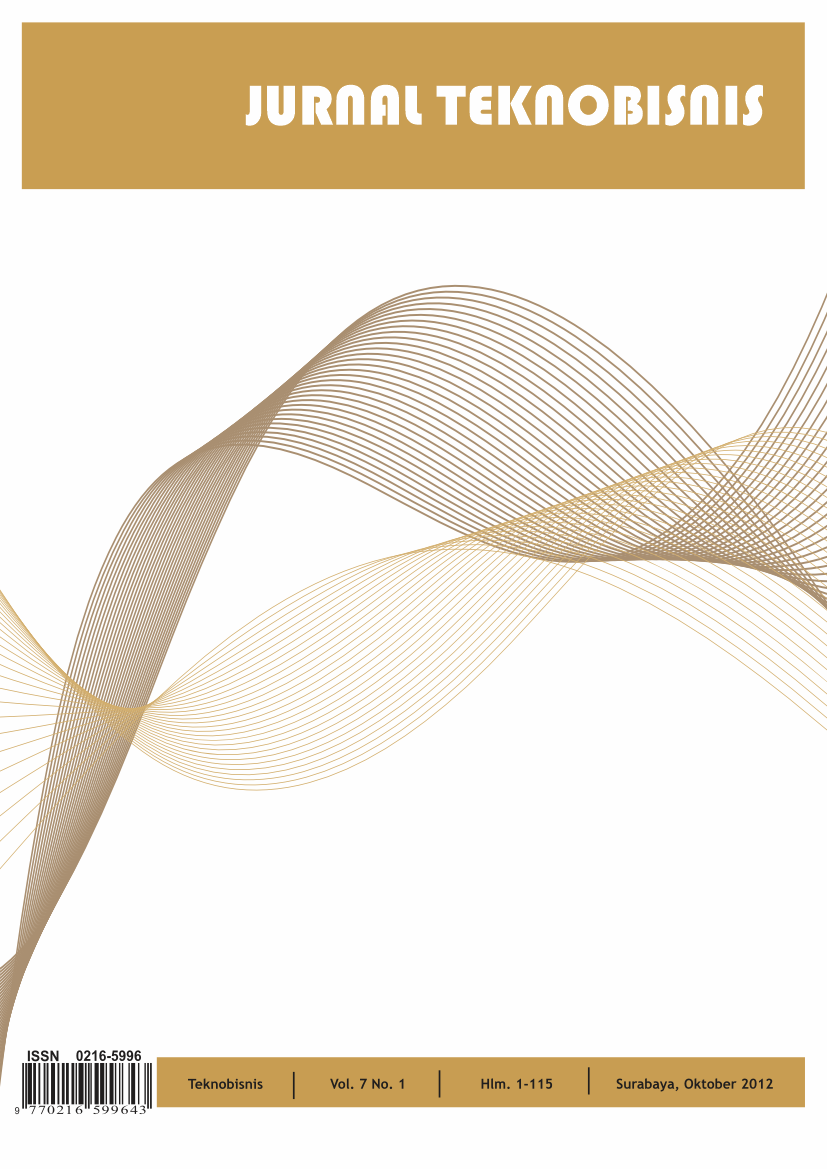Editorial Policies
» Focus and Scope
» Section Policies
» Publication Frequency
» Open Access Policy
» Archiving
» Publication Ethics
» Screening for Plagiarism
» Article Processing Charge
Focus and Scope
Jurnal Teknobisnis contains the results of research or thoughts that are equivalent to the results of research in the field of Technology Management, with a particular focus on:
- Technology Management,
- Industrial Management,
- Information Technology Management,
- Project Management,
- Supply Chain Management,
- Business Analytics,
- Innovation Design Management,
- Technomarketing,
- Technology and System Innovation
- Renewable Energy
- Startup-Technology
- Technopreneurship
- Public Policy
- Safety Engineering and Management, and
- Sustainability
Section Policies
Articles
![]() Open Submissions
Open Submissions ![]() Indexed
Indexed ![]() Peer Reviewed
Peer Reviewed
Publication Frequency
Jurnal Teknobisnis is a collection of scientific articles in the fields of management, technology, and business, which are published regularly twice a year, every May and November.
Open Access Policy
This journal provides immediate open access to its content on the principle that making research freely available to the public supports a greater global knowledge exchange.
Archiving
This journal utilizes the LOCKSS system to create a distributed archiving system among participating libraries and permits those libraries to create permanent archives of the journal for purposes of preservation and restoration. More...






